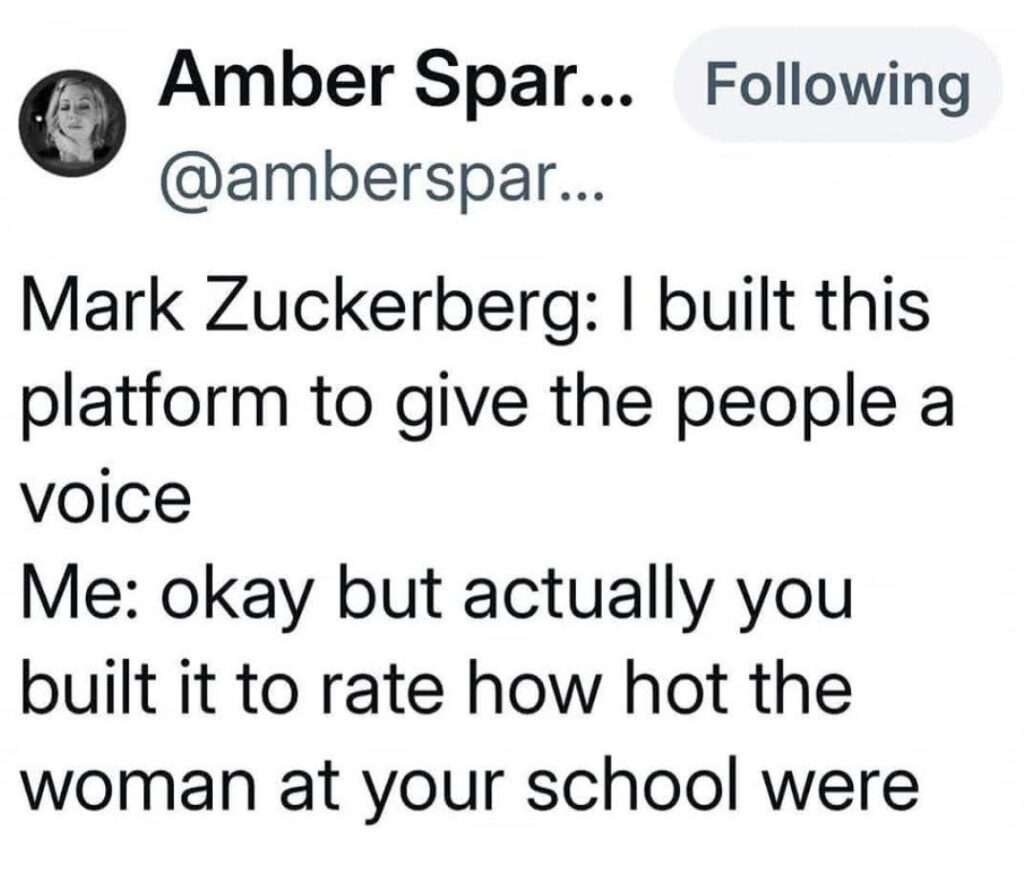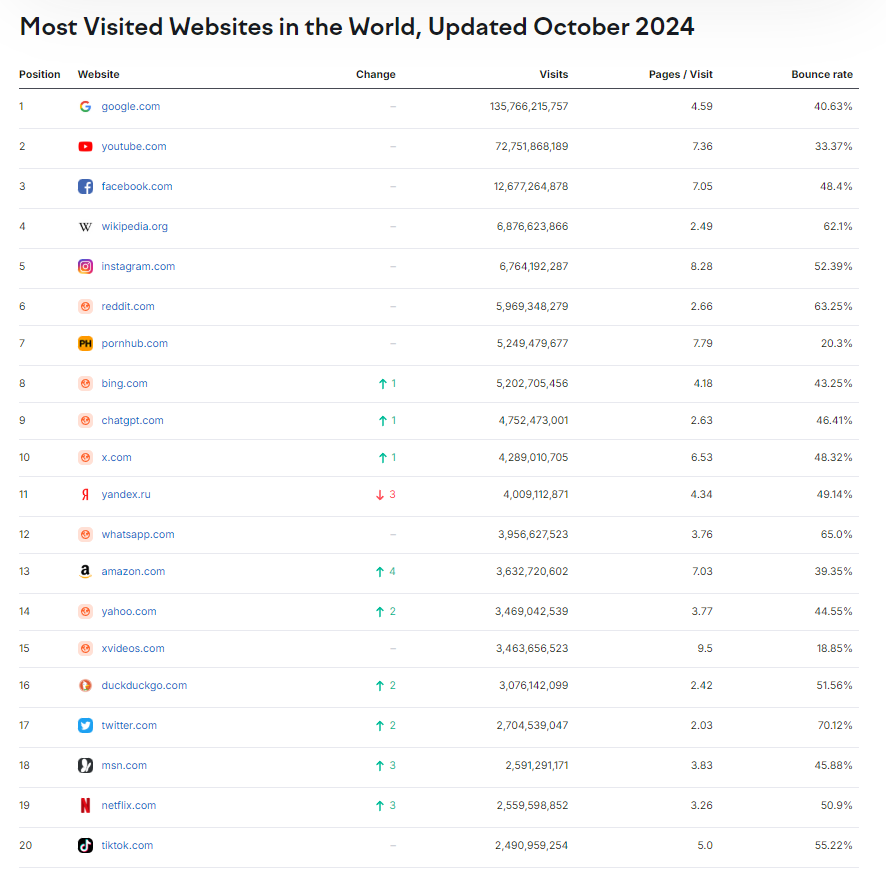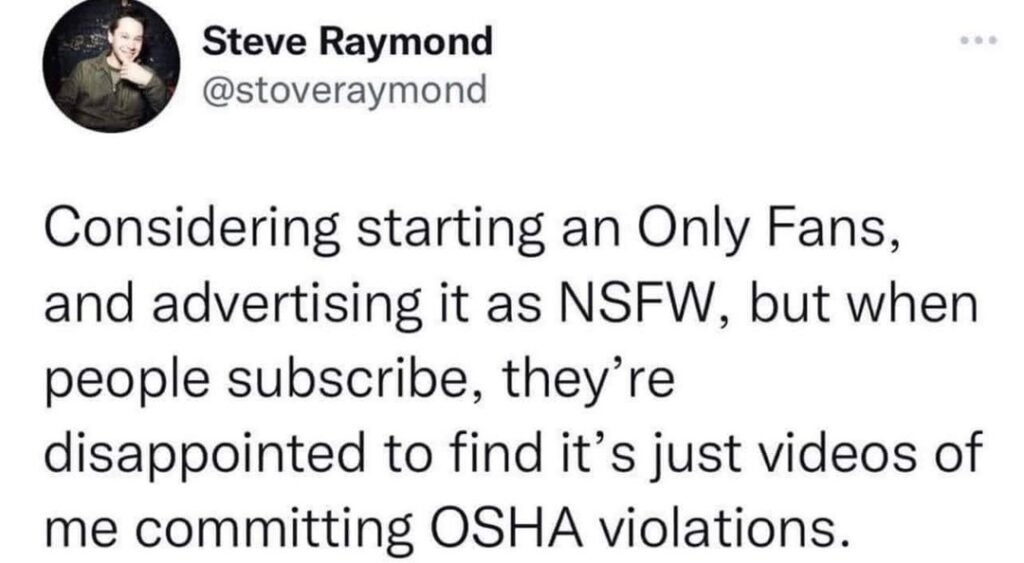Good Monday Morning!
It’s January 13th. Spotlight is off next week for MLK Day. We’ll be back with you on January 27.
Today’s Spotlight is 990 words, about 3.5 minutes to read.
📰 3 Headlines to Know Now
Science Journal Editorial Board Quits
Over the winter holiday, the Journal of Human Evolution’s editorial board resigned en masse. Outsourced production, cost-cutting on editorial support, and AI formatting glitches—introduced without transparency were on the complaint list. It’s the 20th mass resignation from a science journal in two years, per Ars Technica.
Getty, Shutterstock Merge in $3.7B Deal
Getty and Shutterstock are merging in a $3.7 billion deal, creating a major player in the visual content market. The combined company will operate under Getty’s name and stock ticker. Both have experimented using AI, and Getty has tested an AI creation tool.
TikTok Ban Looms Sunday
WaPo star tech journalist Shira Ovide explains how a potential TikTok ban might unfold. If the Supreme Court rules to uphold the app’s ban, users could turn to workarounds like VPNs or TikTok’s website. Enforcement is still murky.
Americans Want Fact Checking
By The Numbers

George’s Data Take
Information shapes politics. Studies show conservative politicians have shared less factual information than others in recent years.
Now, with Meta dropping fact-checking and X under Trump ally Elon Musk’s control, tech platforms aren’t stepping up to challenge misinformation or deliberate disinformation.
Cyber Rules Worry Small Providers
Running Your Business
New proposals from U.S. regulators would require healthcare providers to beef up cybersecurity after breaches exposed the medical and personal data of 170 million Americans in 2024. Smaller providers are raising alarms, calling the proposed guidelines cost-prohibitive.
This slippery slope starts with good intentions, as they often do, but stifling smaller providers doesn’t just risk innovation—it could crush it. Consolidation might sound like a fix, but monopolistic healthcare systems can bring inefficiencies, higher costs, and reduced flexibility for patients and businesses alike. Smaller organizations could be locked out entirely—leaving the big players to dictate terms and vulnerabilities.
Spotlight on Meta’s Punts and Fumbles

The big picture: Meta is running its familiar playbook: when faced with tough defense, punt the ball away. Its latest move to dramatically scale back content oversight and lean into political content shows how the company fumbles responsibility when the pressure mounts.
What’s new: Two major changes just dropped.
- Meta is ending its partnership with professional fact-checkers
- The company has loosened hate speech policies, including allowing comments that dehumanize trans people by referring to them as “it” instead of their proper pronouns
The bottom line: Users will have fewer protections against harmful content and misinformation at a time when both are becoming more sophisticated.
Why it matters: These platforms shape what billions of people see daily. The shift from professional fact-checkers to user policing is like replacing security guards with a neighborhood watch.
The details: Meta’s new approach, called “Community Notes,” lets users — not professionals — identify false information. The policy changes also explicitly allow dehumanizing language against transgender individuals, marking a significant shift from previous protections. Content that was once banned for promoting hatred can now remain on the platform and seen by anyone.
The scoreboard: Meta’s game plan has become predictable. When the defensive line of public scrutiny tightens, they drop back and punt:
- Cambridge Analytica: Backed away from data privacy reforms after millions of users’ information was exploited
- Myanmar crisis: Minimized platform responsibility during humanitarian crisis
- Capitol attack: Initially banned Trump, then quietly softened political content stance
What insiders say: “Every election brings recalibration. When things get too hard or politically risky, they punt,” writes Katie Harbath, Meta’s former public policy executive who oversaw global elections.
4th quarter stakes: As AI makes misinformation more sophisticated, Meta’s decision to punt on professional oversight leaves users playing defense against increasingly sophisticated false information.
What’s next: Users will need to be more vigilant about what they read and share. The burden of distinguishing fact from fiction is shifting from professionals to everyday people like us.
Go deeper: Meta defends these changes as promoting free speech, but critics see political expediency winning over user safety — again.
Notebook LM by Google Expands Features
Practical AI
Notebook LM is rolling out updates, including the ability to interject your own speech into its mock podcast feature. Its AI-synthesized speech is improving too, but proceed with caution: as a beta product with no privacy guarantees, it’s not the place for sensitive information.
California Combats Fire Misinformation
Debunking Junk
Besieged by misinformation and disinformation about devastating Los Angeles fires, California’s government has launched a page to debunk false claims with fact-based refutations.
Free Streaming for Walmart+ (and More)
Protip
Walmart+ members get free Paramount+ Essential ($79.99 value), plus perks like free shipping and fuel discounts.
Also:
- Instacart+: Includes Peacock Premium ($79.99 value)
- DashPass: Offers Max With Ads ($99.99 value)
FEMA’s Helpful “Inner Circles”
Screening Room
Underwater Bulldozer Prototype
Science Fiction World
Komatsu debuted a sci-fi-worthy underwater bulldozer at CES 2025. It operates 23 feet deep with a 450 kWh battery—enough to power a home for 15 days or charge 4.5 EV batteries. It’s designed for dredging, restoration, and disaster prep.
Smart Glasses Debut for Knee Surgery
Tech for Good
Vuzix debuted smart glasses for translation, captioning, and medical use—like guiding knee surgeries to align pins and improve recovery rates.
Track LA Fires in Real Time
Coffee Break
Stay informed about LA’s wildfires with trusted sources:
- Cal Fire: The go-to for official updates and firsthand data
- Watch Duty: A highly trusted app providing real-time alerts and wildfire tracking
Skip the noise and misinformation—these tools let you see the data for yourself.
Sign of the Times






